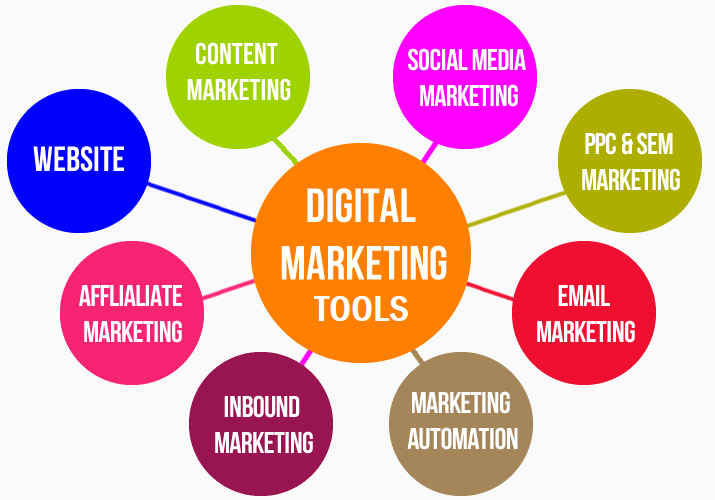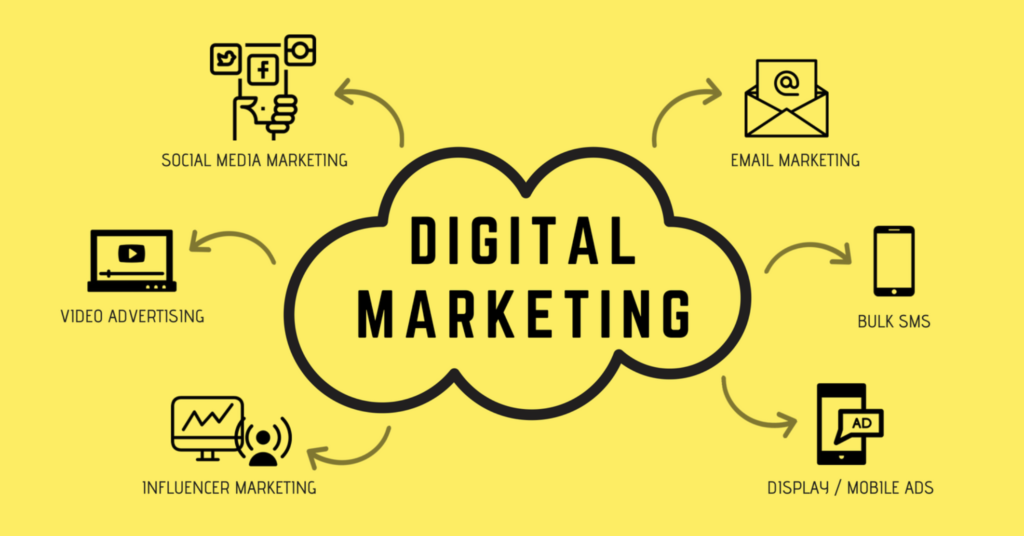

“In the dynamic world of digital marketing, one concept reigns supreme: Search Engine Optimization (SEO). It’s the practice that can make or break your online presence, and at its heart lies an arsenal of powerful tools. In this guide, we’ll embark on a journey through the realm of SEO tools, unlocking their potential to propel your website to the top of search engine results. These tools are the keys to navigating the ever-changing landscape of online visibility, helping you reach your target audience, boost traffic, and achieve digital success. Join us as we demystify the world of SEO tools and uncover the strategies that can elevate your online presence to new heights
The SEO Toolbox: An Overview
The SEO toolbox is a treasure trove of applications and platforms designed to simplify and supercharge your optimization efforts. Let’s take a closer look at some essential categories of SEO tools:
1. Keyword Research Tools:
Keyword research forms the bedrock of SEO. Tools like Google Keyword Planner, SEMrush, and Ahrefs enable you to identify relevant keywords, gauge their search volume, and assess their competitiveness. Armed with this data, you can strategically optimize your content.
2. On-Page SEO Tools:
Ensuring that your web pages are SEO-friendly is crucial. Tools like Yoast SEO for WordPress or Moz On-Page Grader help you optimize title tags, meta descriptions, header tags, and other on-page elements for search engines.
3. Content Analysis Tools:
Tools such as Copyscape and Grammarly assist in ensuring your content is original, free of plagiarism, and grammatically sound. Content quality is a key factor in search engine rankings.
4. Link Building Tools:
Backlinks are a vital SEO component. Tools like BuzzStream and SEMrush aid in identifying link-building opportunities and managing outreach campaigns to acquire high-quality backlinks.
5. Technical SEO Tools:
Tools like Screaming Frog and Google Search Console help you identify and fix technical issues that might hinder your site’s performance, such as broken links, duplicate content, or crawl errors.
6. Rank Tracking Tools:
Monitoring your website’s ranking progress is essential. Tools like Moz Rank Tracker, SERPWatcher, and SEMrush Position Tracking help you keep an eye on keyword rankings and track your competitors.
7. Analytics Tools:
Google Analytics and Google Search Console provide invaluable insights into website traffic, user behavior, and keyword performance, allowing you to fine-tune your SEO strategy.
8. Local SEO Tools:
For businesses targeting local audiences, tools like Google My Business and Moz Local ensure your company’s online presence is optimized for local search.
9. Competitive Analysis Tools:
Understanding your competition is key. Tools like SpyFu and SEMrush allow you to spy on your competitors’ keywords, backlinks, and strategies, enabling you to gain a competitive edge.
10. Mobile SEO Tools:
With the growing importance of mobile optimization, tools like Google’s Mobile-Friendly Test and MobileMoxie help you ensure your website is responsive and performs well on mobile devices.
The SEO Advantage:
Incorporating these tools into your SEO strategy provides several advantages:
- Efficiency: SEO tools automate tasks, saving you time and effort.
- Accuracy: They provide precise data and insights to inform your decisions.
- Competitiveness: By analyzing competitors, you can identify gaps and opportunities.
- Measurable Results: Tools offer quantifiable metrics to track progress.
- Scalability: Whether you’re managing one website or dozens, SEO tools can scale with your needs.
In conclusion, the world of SEO tools is vast and continually evolving. The right combination of tools can transform your SEO efforts, helping you climb the search engine rankings, attract organic traffic, and achieve online success. So, equip yourself with these powerful instruments, and master the digital landscape with confidence. Your website’s journey to the top of search results begins with the click of a button.








